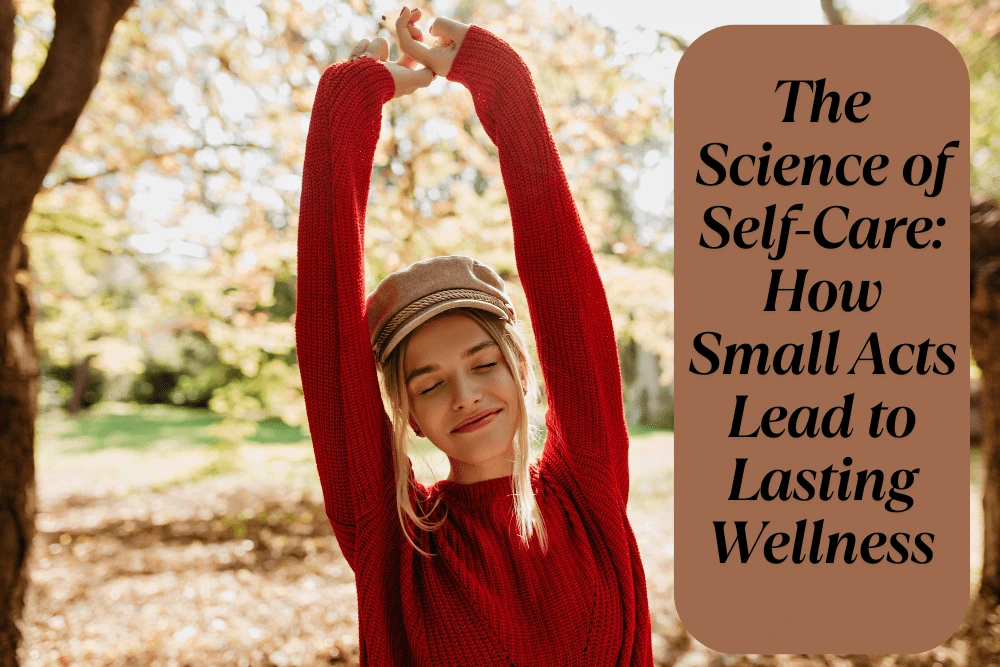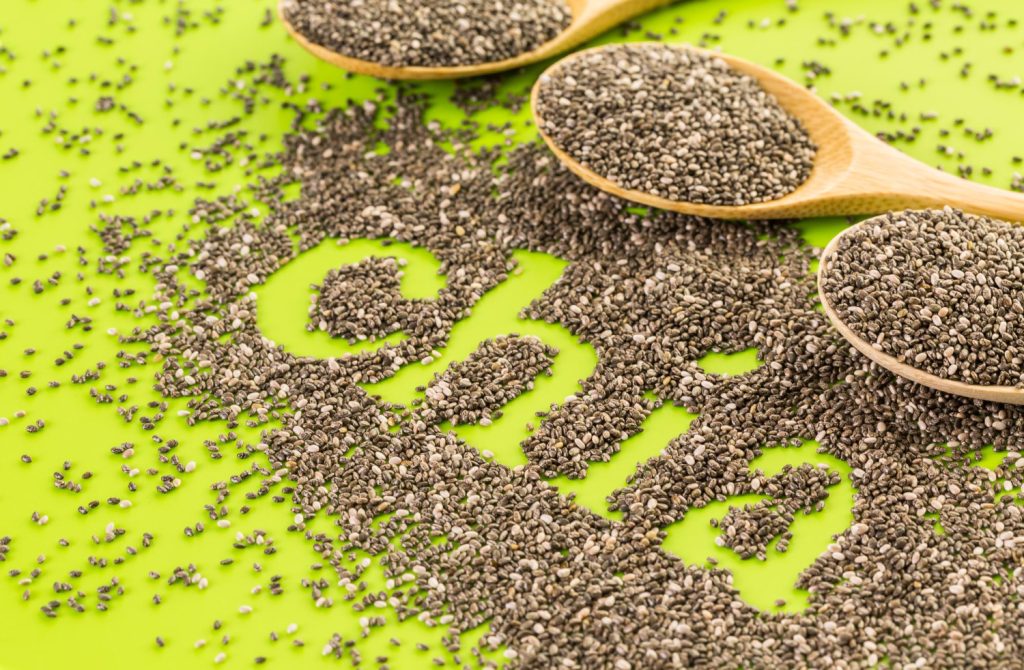In today’s always-on world, self-care is often dismissed as a luxury—something we’ll get to once everything else is done. But science says otherwise. True self-care isn’t about spa days or expensive retreats. It’s about the small, consistent actions we take every day to support our physical, mental, and emotional well-being.
🔬 Why Self-Care Matters (According to Science)
Research shows that even micro-habits—tiny self-care acts that take just a few minutes—can have measurable impacts on our brain chemistry, mood, and stress response. These practices trigger the release of feel-good neurotransmitters like dopamine, serotonin, oxytocin, and endorphins. Over time, they help:
- Reduce anxiety and depression
- Improve focus and decision-making
- Strengthen immune function
- Boost overall life satisfaction
In short, self-care isn’t selfish—it’s smart biology.
🧩 Small Acts, Big Results
You don’t need to overhaul your life. Here are science-backed mini-habits that add up:
| Strategy | Why it helps | How to start |
|---|
| Physical activity | Even light movement lowers stress hormones, improves mood and heart health | Try 5‑minutes of stretching or a walk after meals |
| Mindful pauses | Brief check‑ins ease anxiety, boost awareness, sharpen focus | Take deep breaths waiting for your chai or stepping outside briefly |
| Nutrition & hydration | Balanced meals aid mood, cognition, physical health | Sip water consistently; add a fruit/veg to meals |
| Sleep hygiene | 7+ hours of sound sleep improves emotional regulation and wellness | Wind down early with no screens and a bedtime ritual |
| Mindfulness / self‑compassion | Reduces anxiety/depression symptoms by ~40%; builds resilience | Spend 2‑minute journaling or saying a kind phrase to yourself |
| Social connection | Oxytocin strengthens well‑being through touch or shared experiences | Call a friend or enjoy tea with a family member |
The Power of Consistency
The key isn’t how much you do—it’s how often. Behavioral science supports the idea that small, repeatable actions are more sustainable than occasional big efforts. According to habit expert BJ Fogg, the magic formula is:
Tiny habit + daily cue + positive emotion = lasting change
For example:
- Cue: Finish brushing teeth
- Tiny habit: Write one sentence in your journal
- Positive emotion: Celebrate! (Mentally high-five yourself

Self-Care Isn’t Extra. It’s Essential.
When we consistently care for ourselves in small, meaningful ways, we build emotional resilience, physical energy, and mental clarity. It’s not about adding pressure—it’s about adding presence.
So start today. Pick one act that feels doable. Repeat it tomorrow. And the next day. You’ll be amazed at how those tiny actions begin to transform your sense of well-being—one moment at a time.



